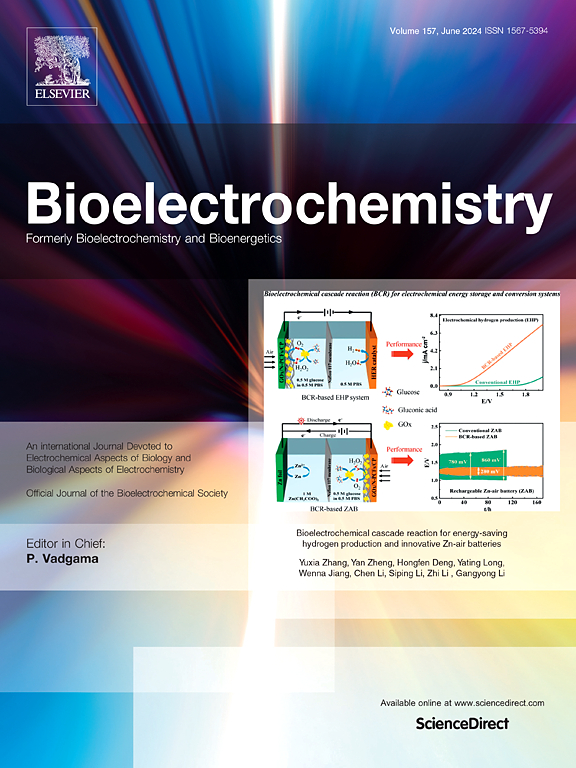The link between early-life adversity and later alcohol use disorder: A role for microglia?
IF 3.6
2区 医学
Q1 NEUROSCIENCES
引用次数: 0
Abstract
In the clinical literature, early-life adversity (ELA) has been highly associated with the later development of alcohol misuse and alcohol use disorder (AUD). Adolescence is a period of vulnerability for the development of neuropsychiatric disorders like depression and substance use disorders like AUD, both of which have been shown to have increased risk due to ELA. Experimentation with alcohol use in adolescence is quite common, but some adolescents that engage in alcohol experimentation become prone to alcohol misuse. Here, we review evidence that experiencing ELA prior to adolescent alcohol use could make individuals more susceptible to developing AUD, and consider the neural mechanisms that may underlie this vulnerability. We focus on the potential role of microglia, the resident immune cells of the brain, which are important for sculpting brain circuits during development and are highly sensitive to environmental perturbations. We discuss the microglia-mediated developmental processes within the stress- and reward-related regions of the brain, particularly those with corticotropin-releasing factor (CRF)-expressing neurons, and how these regions can be impacted by both ELA and alcohol use. Finally, we point to the gaps in the literature surrounding the link between ELA and AUD, and how investigating microglia in the context of this “2-hit model” may shed light on possible interventions and therapeutics that can be developed for this specific clinical population.
童年逆境与后来的酒精使用障碍之间的联系:小胶质细胞的作用?
在临床文献中,早期生活逆境(ELA)与酒精滥用和酒精使用障碍(AUD)的后期发展高度相关。青春期是神经精神疾病如抑郁症和药物使用障碍如AUD的易发时期,这两种疾病都被证明由于ELA而增加了风险。在青春期尝试饮酒是相当普遍的,但是一些从事酒精实验的青少年容易滥用酒精。在这里,我们回顾了在青少年饮酒之前经历ELA可能使个体更容易发生AUD的证据,并考虑了这种脆弱性背后的神经机制。我们专注于小胶质细胞的潜在作用,小胶质细胞是大脑的常驻免疫细胞,在发育过程中对塑造大脑回路很重要,对环境扰动高度敏感。我们讨论了小胶质细胞介导的大脑应激和奖励相关区域的发育过程,特别是那些表达促肾上腺皮质激素释放因子(CRF)的神经元,以及这些区域如何受到ELA和酒精使用的影响。最后,我们指出了文献中关于ELA和AUD之间联系的空白,以及如何在这种“两击模型”的背景下研究小胶质细胞可能会为这一特定临床人群开发可能的干预和治疗方法提供启示。
本文章由计算机程序翻译,如有差异,请以英文原文为准。
求助全文
约1分钟内获得全文
求助全文
来源期刊

Neurobiology of Stress
Biochemistry, Genetics and Molecular Biology-Biochemistry
CiteScore
9.40
自引率
4.00%
发文量
74
审稿时长
48 days
期刊介绍:
Neurobiology of Stress is a multidisciplinary journal for the publication of original research and review articles on basic, translational and clinical research into stress and related disorders. It will focus on the impact of stress on the brain from cellular to behavioral functions and stress-related neuropsychiatric disorders (such as depression, trauma and anxiety). The translation of basic research findings into real-world applications will be a key aim of the journal.
Basic, translational and clinical research on the following topics as they relate to stress will be covered:
Molecular substrates and cell signaling,
Genetics and epigenetics,
Stress circuitry,
Structural and physiological plasticity,
Developmental Aspects,
Laboratory models of stress,
Neuroinflammation and pathology,
Memory and Cognition,
Motivational Processes,
Fear and Anxiety,
Stress-related neuropsychiatric disorders (including depression, PTSD, substance abuse),
Neuropsychopharmacology.
 求助内容:
求助内容: 应助结果提醒方式:
应助结果提醒方式:


